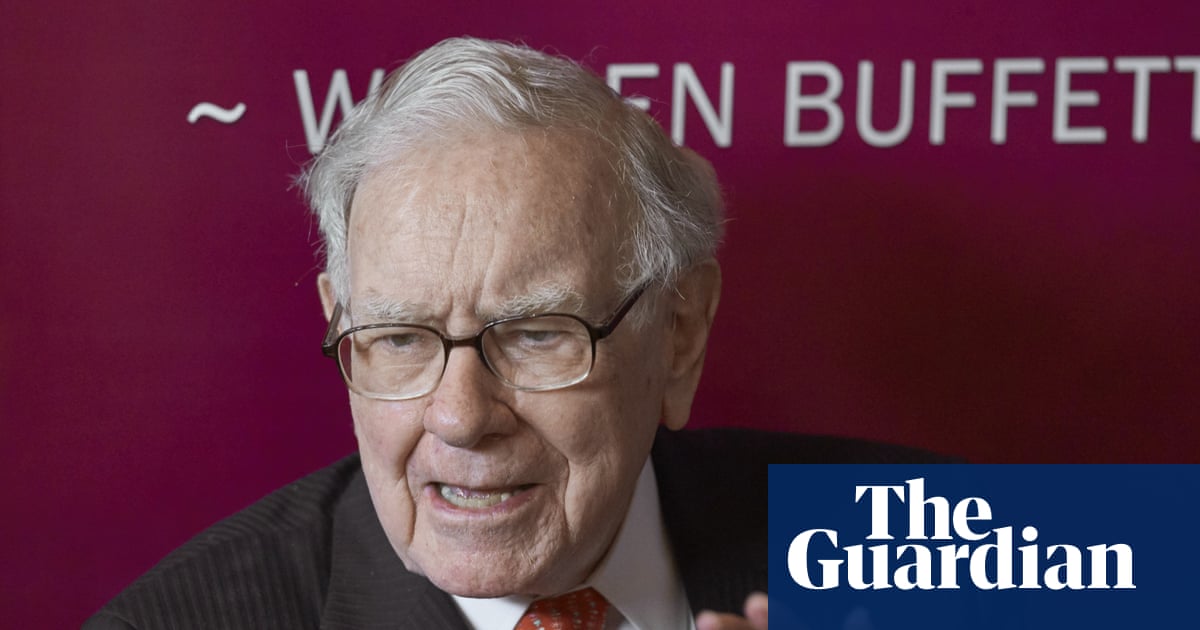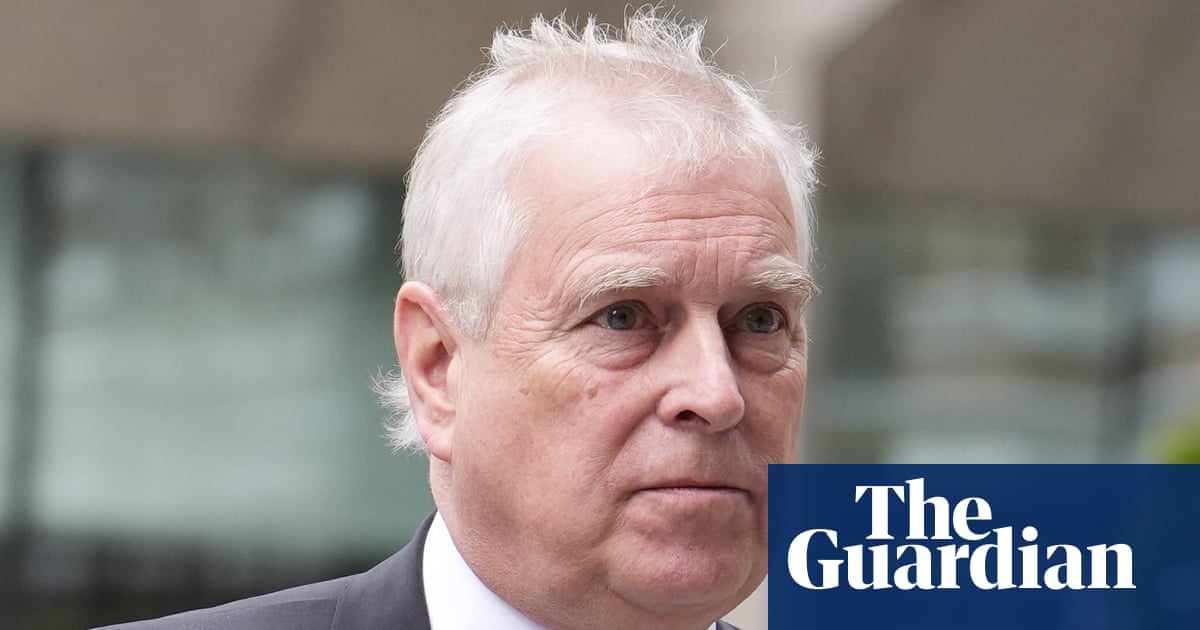What hell is the life of politics. Look around that cabinet table: each person is confronted with near impossible-portfolios without the means to do what they know is needed. After another nightmare week, many in the dark watches must ask themselves why the hell they gave their lives to this brutally thankless task.
Their inheritance was even more ruinous than feared: they were bequeathed landmines, dishonest traps and gaping holes. Brexit is emerging as even more economically crippling than expected, now losing the exchequer £80bn a year. They are blighted by bad luck: the Trump destroyer landed on their watch. What worse mishap than a prison officer setting free a refused asylum-seeker sex offender? Small boat arrivals feel unstoppable. An unfortunate deputy leadership election right now was bound to give Keir Starmer a bruising. The 11% vote share at the Caerphilly Senedd byelection might not even be their nadir.
They expect brickbats, but they are human. As often, Wes Streeting dares say what all can see: that there is “deep disillusionment in this country at the moment” and “a growing sense of despair about whether anyone is capable of turning this country round”. The “change” Labour promised is not yet visible; we still lack a guiding light towards better things to come.
Yet, even so, the current vitriolic state of public opinion is perplexing and alarming. Keir Starmer is the most unpopular prime minister ever. Really? He is a decent, serious man of good intentions, without undue arrogance or vanity. Compare that with Boris Johnson, Liz Truss, or the breezy presumption of David Cameron, all with so little to justify conceited self-confidence; in it for fun.
But, say the people, Starmer is worse. As prime minister, he’s short on charisma, they say: more seriously, he lacks political agility, ingenuity or instinct for where the wind blows. Labour blundered over cuts for pensioners and disabled people, unbalanced by generosity elsewhere. Uncertain which voters to appeal to, the party has left good policies unheralded, from working rights to green investment, new towns and a youth guarantee to get young people into work and training. Too many close advisers still think the Daily Mail-inflected right needs wooing, when almost twice as many voters have moved leftwards since Labour took office. Polling guru John Curtice warns them to stop chasing Reform voters: they’ve gone.
Labour’s leader is failing; there’s no denying it when pollsters suggest no leader could ever return from these unplumbed depths. But in the uncharted waters of such extreme volatility, history may be no guide. Starmer pulled Labour from a post-Jeremy Corbyn slough of despond that history said couldn’t be turned around in one term. He recovered from losing Hartlepool, was dragged back from resigning in despair. He made a stirring conference speech, so there’s impatience for follow through.
Would anyone else do better, or have we reached a near-ungovernable, insatiable public state of mind? Any government may be rejected just as rapidly once in power, however great its landslide victory, unless it arrives in a gilded chariot bearing untold bounty for stricken public services and empty private purses. None is on the horizon. Golden promises from parties in opposition raising wild hopes dashed in office are a dismal future for democracy, stirred by malevolent social media into perpetual angry disappointment.
Unsurprisingly, panic on the back benches will make talk of leadership change rife if May’s elections go as badly as predicted – or, some suggest, sooner. I see aficionados reaching for the Labour party rulebook, reminding one another of a little-noticed but key change made at last year’s conference. It’s now easier to challenge a sitting leader at any time of year with a nomination backed by 20% of Labour MPs – currently, 80 of them. Before, a leader was safe except in a brief pre-conference window.
But who? Andy Burnham made his availability known with well-received radicalism, especially on electoral reform. Streeting made the best speech of conference with an intelligent yearning to pull leftwards. Other leaders are available. But defenestration is a tough call for Labour MPs, who are reluctant to copy the Tories’ chaotic revolving door: Starmer arrived as the sixth prime minister in eight years. Besides, a new leader may only get a nanosecond honeymoon before sinking under all the same intractable taxing dilemmas, besieged by the same social-media hate machine.
Many MPs hope that Starmer is listening to clarion calls for change: be the change he wishes to see, they urge. But does he dare, his critics ask? His “decade of renewal” urgently needs renewing. Next month’s tax-raising budget will meet a storm of outrage from the right, already damning Labour’s “raid on the middle class”. Shrieking headlines will tell even beneficiaries that they have been gouged by socialism.
Here’s ministers’ paradox: Labour’s only hope lies in despair. Assume they will be wiped out whatever, so use this massive majority for four more years to follow their natural social democratic instinct: make radical tax reforms, raising plenty. Expect to lose the next election, so do everything now. Forget opinion polls and focus groups; let voters see sincerity in their purpose. The only way to restore some respect is to do transparently what they think most right and fair.
after newsletter promotion
That respect has become essential to save the country from calamity. The bright light from Caerphilly showed the strong “stop Reform” impulse, with over 60% of an exceptional turnout rallying to keep Faragists out. That requires mass tactical voting for the likeliest anti-Farage candidate. Can Labour regain enough respect from all progressives to ensure they are lent votes in the right seats?
Rachel Reeves rightly calls Reform “the single greatest threat” to our way of life. As the Tories virtually merge with Reform, an electoral pact of some kind threatens. Robert Jenrick and Nigel Farage last week both called for a burqa ban. Katie Lam, a heralded Tory newcomer, would deport thousands of legal permanent residents here for decades, urging a (presumably white) “culturally coherent” Britain: her leader, Kemi Badenoch, confirms that’s “broadly in line” with Tory policy. Shadow home secretary Chris Philp refused to call Reform MP Sarah Pochin racist for complaining about too many “black and Asian people” in TV ads.
As the Tories and Reform grow indistinguishable, the threat increases of rising nativist, xenophobic, divisive, anti-democratic extremism. Labour’s duty is to do whatever it takes to prevent it. Prepare for coalition, be acceptable to progressive partners when the name of the party matters less than the deep red line against a political danger unknown in our lifetime. That’s a purpose to drive out despair.
-
Polly Toynbee is a Guardian columnist

 2 months ago
69
2 months ago
69

















































